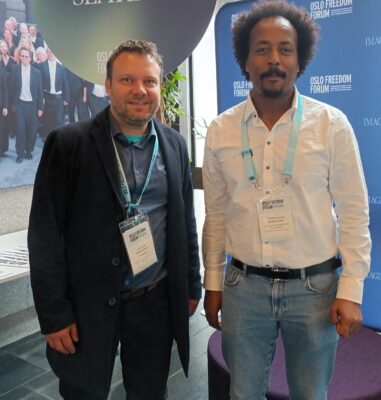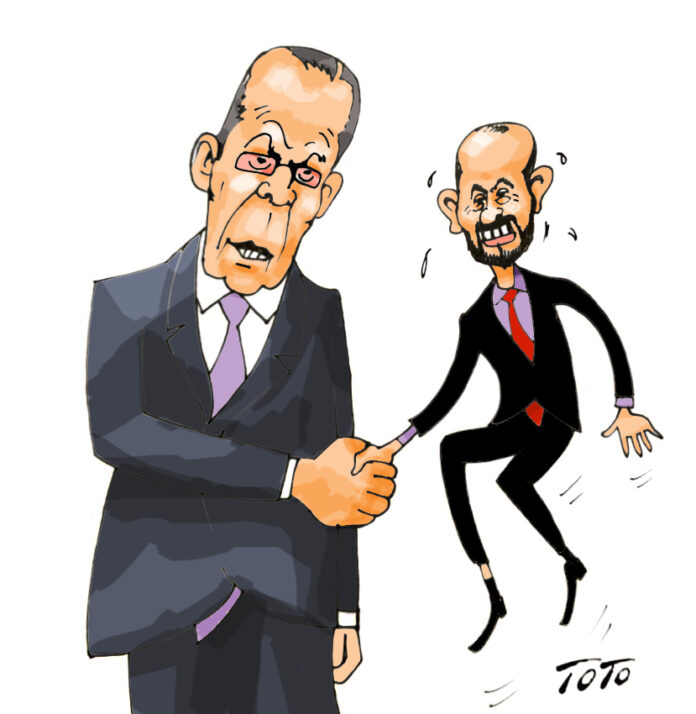Russian Foreign Minister Sergei Lavrov’s transformation from posing as a strategic ally of Armenia to that of a sworn enemy has spanned a spectacular political trajectory over the last two years, since the 44-Day War, which Azerbaijan waged against Armenia in 2020, with the active participation of the Turkish army, Israeli drones, Pakistani pilots and Islamist jihadist mercenaries.
That war blew the cover of mystery draped over the strategic partnership between Armenia and Russia, as the latter failed in its treaty obligations towards Armenia, and thus it has been trying to find justification for that failure through intense verbal gymnastics.
The Armenian-Russian strategic partnership was based on the mutually exclusive paradigm of two axioms, which eventually collided to reveal its false pretenses in the cold light of day. On the one side, Moscow has taken for granted that it can drag Armenia in any direction it needs as a foot soldier, even where Armenia’s sovereignty is threatened. This cavalier attitude was manifested by President Vladimir Putin’s megaphone Alexander Lukashenko, the Belarusian dictator, who in February 2022 contemptuously pronounced at a meeting of the Collective Security Treaty Organization (CSTO), a Russian-centered security organization of which Armenia is a fellow member along with Belarus, “Armenia has nowhere to go. Who needs Armenia?”
The other axiom, from the Armenian perspective, was that Armenia did not need a military doctrine, or for that matter, any other strategic partner, as long as it relied on Russia. However, the political trends in the region evolved in different directions and Russia’s interests became aligned with those of Azerbaijan and Turkey, rendering Armenia the outlier. As a result, a crisis developed between Russian-Armenian relations, as the latter sought help elsewhere to shore up its security.
Mr. Lavrov assured Armenia during a press conference in Yerevan in July that roads and communication lines which will be built or unblocked will operate exclusively under the jurisdiction of the states through which they run. He was referring to the “Zangezur Corridor” through Armenia’s Syunik province, which has become a cause célèbre for Turkey and Azerbaijan, to link Baku with Nakhichevan. That same statement was publicly made by Russia’s Deputy Prime Minister Alexi Overchuk, who is part of a team of deputy prime ministers, including those of Armenia and Azerbaijan, tasked with working on the demarcation of the borders between the latter two.
Recently, however, the Russian side has maintained that instead of Armenia, Russia should manage the “Zangezur Corridor.”









